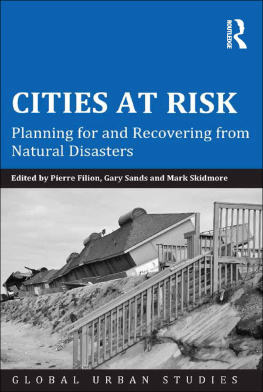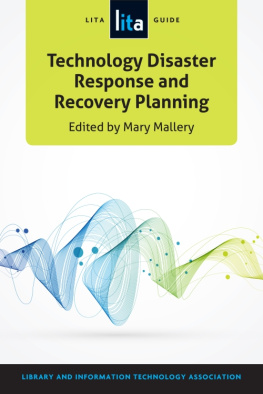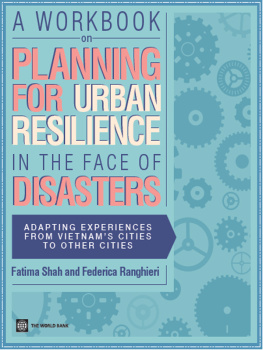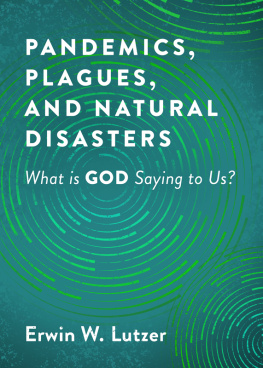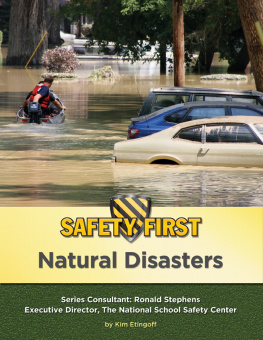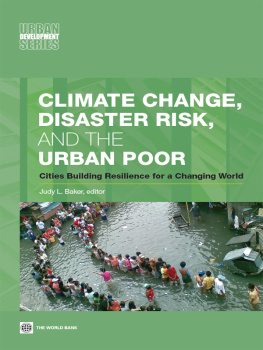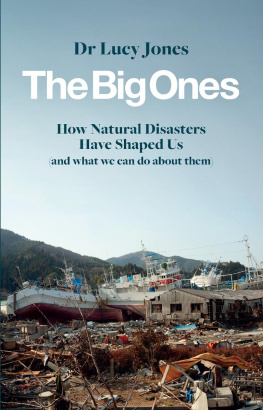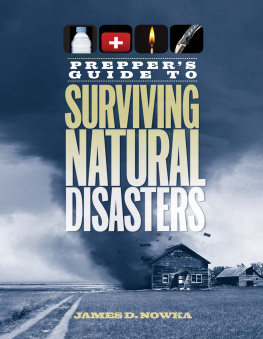CITIES AT RISK
Global Urban Studies
Series Editor: Laura A. Reese, Michigan State University, USA
Providing cutting-edge interdisciplinary research on spatial, political, cultural and economic processes and issues in urban areas across the US and the world, volumes in this series examine the global processes that impact and unite urban areas. The organizing theme of the book series is the reality that behavior within and between cities and urban regions must be understood in a larger domestic and international context. An explicitly comparative approach to understanding urban issues and problems allows scholars and students to consider and analyze new ways in which urban areas across different societies and within the same society interact with each other and address a common set of challenges or issues.
Books in the series cover topics which are common to urban areas globally, yet illustrate the similarities and differences in conditions, approaches, and solutions across the world, such as environment/brownfields, sustainability, health, economic development, culture, governance and national security. In short, the Global Urban Studies book series takes an interdisciplinary approach to emergent urban issues using a global or comparative perspective.
Cities at Risk
Planning for and Recovering from Natural Disasters
Edited by
PIERRE FILION
University of Waterloo, Ontario, Canada
GARY SANDS
Wayne State University, Detroit, USA
MARK SKIDMORE
Michigan State University, Michigan, USA
First published 2015 by Ashgate Publishing
Published 2016 by Routledge
2 Park Square, Milton Park, Abingdon, Oxon OX14 4RN
711 Third Avenue, New York, NY 10017, USA
Routledge is an imprint of the Taylor & Francis Group, an informa business
Copyright Pierre Filion, Gary Sands and Mark Skidmore 2015
Pierre Filion, Gary Sands and Mark Skidmore have asserted their right under the Copyright, Designs and Patents Act, 1988, to be identified as the editors of this work.
All rights reserved. No part of this book may be reprinted or reproduced or utilised in any form or by any electronic, mechanical, or other means, now known or hereafter invented, including photocopying and recording, or in any information storage or retrieval system, without permission in writing from the publishers.
Notice:
Product or corporate names may be trademarks or registered trademarks, and are used only for identification and explanation without intent to infringe.
British Library Cataloguing in Publication Data
A catalogue record for this book is available from the British Library
The Library of Congress has cataloged the printed edition as follows:
Cities at risk : planning for and recovering from natural disasters / [edited] by Pierre Filion, Gary Sands and Mark Skidmore.
pages cm. -- (Global urban studies)
Includes bibliographical references and index.
ISBN 978-1-4724-4168-3 (hardback) -- ISBN 978-1-3155-7210-9 (ebook) -- ISBN 978-1-3171-6602-3 (epub) 1. Emergency management. 2. Natural disasters--Planning. 3. Cities and towns. I. Filion, Pierre, 1952- editor. II. Sands, Gary, editor. III. Skidmore, Mark, editor.
HV551.2.C528 2016
363.346091732--dc23
2015011052
ISBN 9781472441683 (hbk)
ISBN 9781315572109 (ebk-PDF)
ISBN 9781317166023 (ebk-ePUB)
Contents
Pierre Filion, Mark Skidmore, and Gary Sands
Robin L. Ersing, Osman Alhassan, Jesse Sey Ayivor, and Kiki Caruson
Saundra K. Schneider and Marty P. Jordan
Zhila Pooyan
Artur Feio, Roberto Bologna, Daniel Monteiro, and Daniel Flix
Joanne Stevenson, Sonia Giovinazzi, Erica Seville, Charlotte Brown, Yan (Alice) Chang-Richards, and Suzanne Wilkinson
Mark Kammerbauer
Hyun Kim and David W. Marcouiller
Charles Steindel
Gary Sands, Pierre Filion, and Mark Skidmore
List of Figures
List of Tables
Notes on Contributors
Osman Alhassan, PhD, holds a degree in Geography (Natural Resources and Environment) and is Senior Research Fellow at the Institute of African Studies, University of Ghana. He teaches graduate courses in research methodology, field practice, and disaster risk reduction. As a Senior Fellow at the Centre for Migration Studies, he teaches and researches migration and the African diaspora, and migration and climate change. His research spans 15 years and most recently has focused on urban risks with environmental health and risk accumulation using various neighborhoods in the city of Accra.
Jesse Sey Ayivor, PhD, holds a degree in the Environmental Science Programme, University of Ghana, Legon. He currently works as a Research Fellow with the Institute for Environment and Sanitation Studies, University of Ghana, and has over 10 years of research experience in environmental issues as they relate to land use, local livelihoods and vulnerability. His major research interests are in climate change adaptation and policy, disaster risk management in flood-prone areas, protected area management in relation to local livelihoods, and land tenure as it affects the poor and vulnerable. He also teaches courses in Population and Urbanization Studies.
Roberto Bologna, Architect, PhD in Architectural Technology, Professor of Architectural Technology, Department of Architecture, University of Florence and Director of the master degree in Architecture at the University of Florence. Head of the Department of Architectural Technology and Design Pierluigi Spadolini (Dip. TAD) from 2006 to 2012. Member of the Teaching Board of the Research Doctorate in Architecture at the Dept. of Architecture. Enrolled at the Register of the Disciplinary Expert Reviewers for ANVUR (National Agency of University system and Research Evaluation). Member of the CIB W120 commission Disaster and the built environments. Member of the international research network I-rec Post disaster reconstruction. Member of the Interuniversity Research Centre TESIS Systems and Technologies for Health Care Buildings (University of Florence, University of Rome La Sapienza). Fields of interest (scientific research and architectural design): university architecture (housing for students, educational research unit), social and health care architecture (hospitals, centers for Alzheimers patient care), temporary architecture, civil protection (shelters for post disaster emergency, shelter areas).
Charlotte Brown is a research fellow with the Resilient Organizations research program (www.resorgs.org.nz) at the University of Canterbury as well as a tutor in Civil Engineering at the Christchurch Polytechnic Institute of Technology. She has a Bachelors degree and PhD in Civil Engineering. Charlotte has a wide range of research interests and skills, including: dynamic systems modelling, risk management, policy analysis, solid waste management, environmental management, disaster management and resilience. Her PhD research investigated management of solid waste following disaster events. This research explored technical, social, economic, environmental, regulatory, management and risk implications of solid waste management post-disaster.


